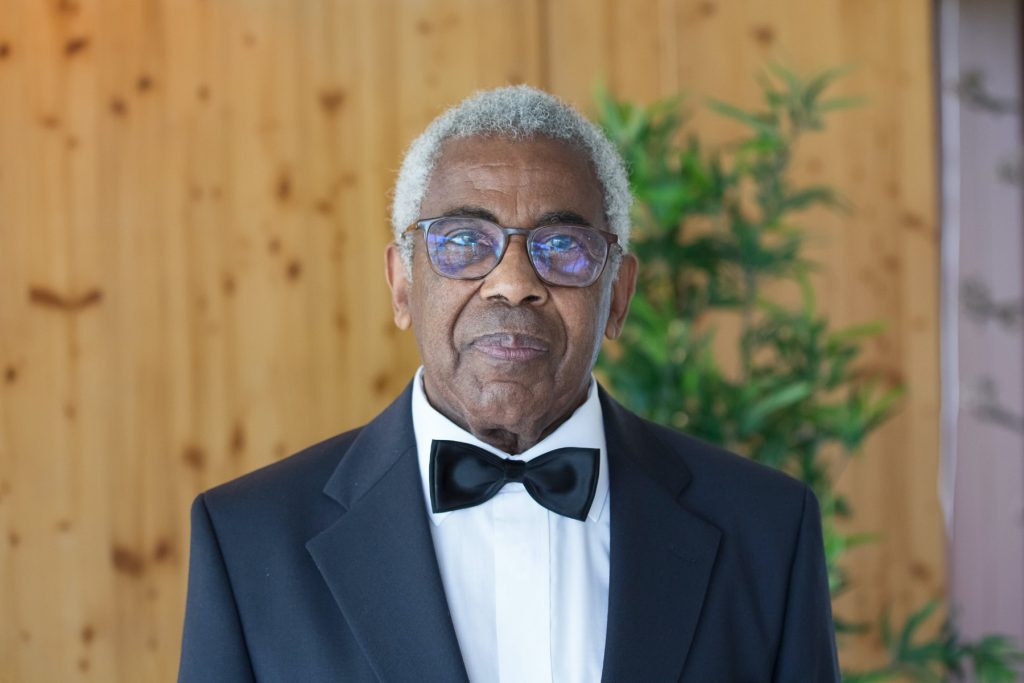The father of the bride holds a uniquely meaningful position on his daughter’s wedding day, balancing tradition with modern expectations while navigating the emotional significance of this milestone moment. His role extends far beyond simply walking his daughter down the aisle, encompassing practical responsibilities, emotional support, and ceremonial duties that help create a memorable celebration.
Pre-Ceremony Responsibilities
The father’s wedding day typically begins early, often involving final preparations and coordination with the wedding party. If you don’t have a wedding coordinator, he may assist with last-minute logistics, such as ensuring vendors have arrived, checking that decorations are properly arranged, or handling any unexpected issues that arise. He also might be wrangling and coordinating arrival times with family members and family friends. Many fathers also take on the responsibility of distributing final payments to vendors or tips to service providers, allowing the couple to focus on their special day without financial distractions.
Pre-ceremony photography sessions often commence hours before the ceremony, and the father of the bride plays a crucial role in family portraits. These images become treasured keepsakes, capturing precious moments between father and daughter before she officially becomes part of another family. The father should be prepared for both formal portraits and candid shots throughout the day.
Ceremonial Duties
The most visible and traditional role of the father of the bride is escorting his daughter down the aisle. This symbolic act represents the transition from his care to that of her new spouse. The father should practice this walk during rehearsal, learning the proper pace and understanding when to step aside. Some fathers choose to lift the bride’s veil before taking their seat, while others may participate in a “giving away” ritual if the couple chooses to include this tradition.
In many ceremonies, the father of the bride is also invited to participate in special moments such as lighting unity candles, participating in cultural ceremonies, or offering a blessing. These moments require preparation and coordination with the officiant to ensure smooth execution.
Reception Responsibilities
At the reception, the father of the bride typically has several important duties. The father-daughter dance is often one of the most emotional moments of the entire celebration. This dance should be discussed and practiced beforehand, and the father should be prepared for the emotions that may arise during this special moment. The song choice often holds personal significance, and many fathers find themselves fighting back tears as they share this final dance with their daughter as an unmarried woman. And others find this as another opportunity to turn up with their little bestie.
The father of the bride traditionally gives a speech or toast during the reception. This speech should be heartfelt, appropriate for all ages, and typically includes memories of his daughter’s childhood, expressions of pride in the woman she has become, and warm wishes for the couple’s future together. Many fathers also take the opportunity to welcome their new son-in-law or daughter-in-law to the family and thank the guests for celebrating with them.
Emotional Support and Presence
Perhaps the most important aspect of the father’s role involves providing emotional support to his daughter. Wedding days can be overwhelming, filled with excitement, nervousness, and a whirlwind of emotions. The father serves as a calming presence, offering reassurance and helping his daughter feel confident and beautiful. This might involve sharing private moments, offering words of wisdom, or simply being available when she needs a familiar face in the crowd.
The father also often serves as a liaison between his daughter and other family members, helping to manage family dynamics and ensuring everyone feels included in the celebration. His diplomatic skills may be particularly valuable if there are divorced parents or blended families involved in the wedding.
Modern Adaptations
Today’s weddings often feature non-traditional family structures, and the father’s role may be adapted accordingly. Some brides choose to walk down the aisle alone, while others may be escorted by both parents, a stepfather, or another significant male figure in their lives. The key is flexibility and understanding that the role can be modified to fit the family’s unique circumstances and the bride’s preferences.
Some modern fathers also take on responsibilities traditionally handled by the mother of the bride, such as helping with wedding planning decisions or coordinating with vendors. The division of responsibilities should be discussed openly among family members to ensure everyone is comfortable with their assigned roles.
Financial Considerations
Oh, and let us not forget that while financial responsibilities vary greatly among families, the father of the bride may still be involved in wedding-related expenses. Whether he’s contributing to the entire wedding budget or specific elements, he might be prepared to handle any financial transactions that occur on the wedding day itself.
Final Thoughts
The father of the bride’s role on the wedding day is multifaceted, combining practical responsibilities with deep emotional significance. Success in this role comes from preparation, flexibility, and a focus on supporting his daughter’s happiness above all else. By understanding these various responsibilities and approaching them with love and care, the father of the bride can help ensure that his daughter’s wedding day is everything she dreamed it would be while creating lasting memories for the entire family.
The wedding day represents not just the beginning of his daughter’s new chapter, but also a meaningful transition in their relationship that deserves to be celebrated with grace and joy.

